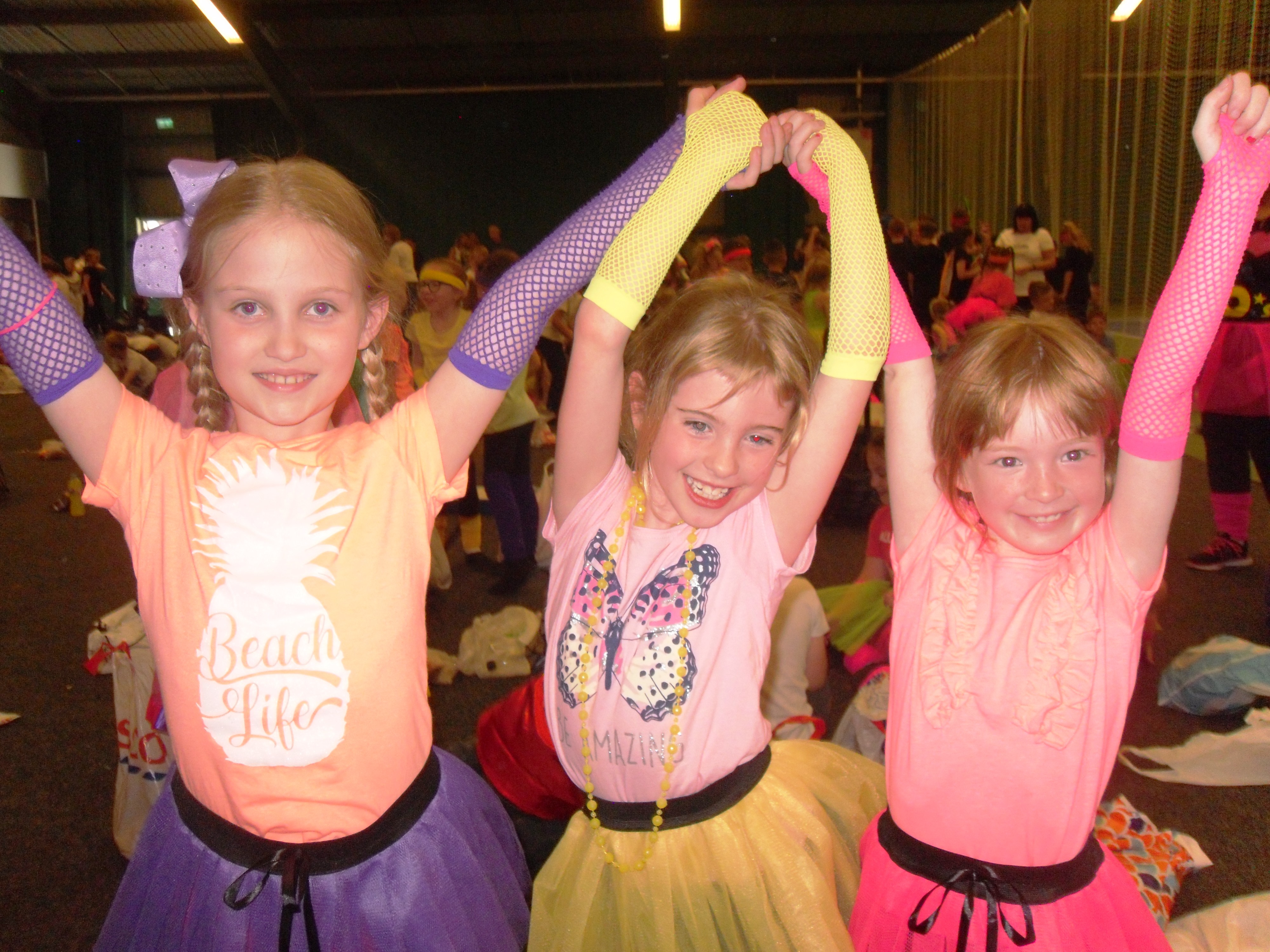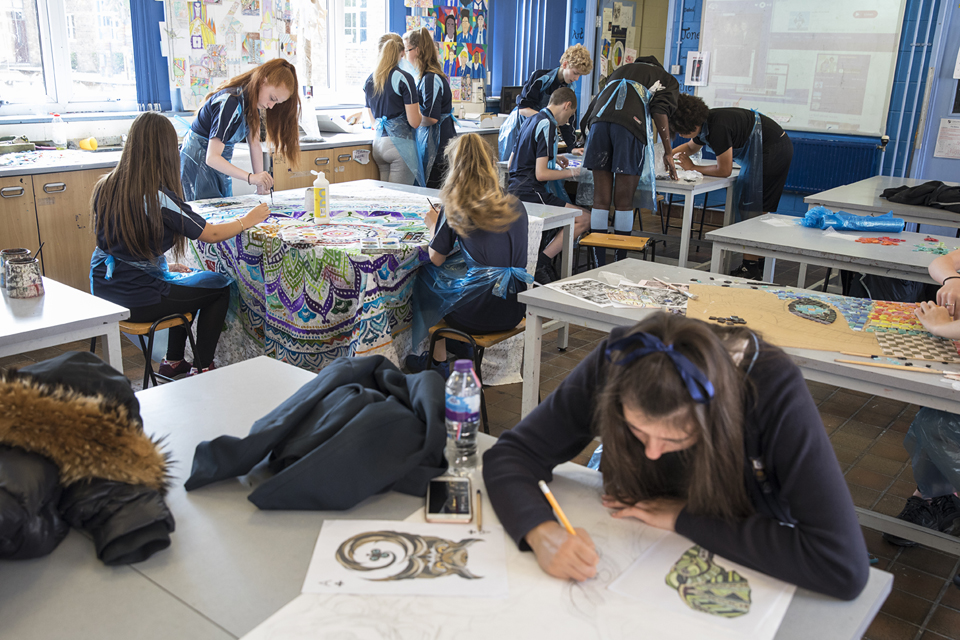
A Sterling Outcome
October 9, 2019
Artsmark: Latest Schools Announced
November 5, 2019Why Is Engaging Young People With Heritage Such A Tough Nut To Crack?

What’s the problem?
Despite some fantastic work we see happening with children, schools and young people in our North West museums, 16-24 year-olds are the least likely adult age group up to the age of 75 to visit a heritage venue, according to DCMS’ most recent Taking Part survey. This split between age groups is far less pronounced for other cultural venues, so why is engaging young people with heritage such a tough nut to crack? Why is it important for this to be on the agenda for heritage organisations? And what can be done to make museums and other heritage venues places that people in this age group want to visit and work with?For the last six years Curious Minds has been supporting cultural organisations to engage young people as audiences and collaborators. Our Cultural Citizens project, for example, invited young participants to select and organise their own cultural experiences, arranging visits to museums, galleries, theatres and other arts venues, in exchange for feedback about how that experience felt. A common theme that emerged was the importance of staff interactions, not only having an impact on their experience that day, but affecting young people’s opinions of an entire art form. In one case a member of box office staff accused a participant of messing around when they tried to book tickets for a play over the phone: that young person’s feedback was that they “didn’t like theatre”.
All staff are key to young people’s experience of cultural and heritage venues. This is especially true as they begin to visit independently, without the structure and support of a school visit, or being taken by a more experienced adult. In heritage venues, front of house staff, café and retail staff, volunteers, tour guides or staff in exhibitions, are as crucial as the programming or learning teams who you might not see during a visit, but whose work shapes the stories a venue tells. So it’s striking that, a recent survey of a cross section of museum staff conducted as part of our Hope Streets project revealed that one in four respondents felt that engagement with young people was not of interest or relevant to their job.
What’s the solution?
We hope the work with our committed ‘Kick the Dust’ partners will reveal more and more solutions, in the meantime, our contribution is a training course, I’m a Teenager... Get Me Into There, to support heritage organisations to better understand young people, uncovering invisible barriers that prevent them from engaging with their venues, and considering ways in which they can improve the experience of young people visiting and working with them. Having delivered this training with Lancashire Museums and as part of the Hope Streets project, we’re excited to be working with Leicester Museum Service to run a two day course with front of house and exhibitions team members from a range of museums across Leicester. We’re confident that the course can support museums to improve their offer to young people, and place them in a position to explore new funding opportunities and collaborations with the youth sector. We’re happy to talk to any heritage organisations or services about developing this training offer for them – please see more here.





